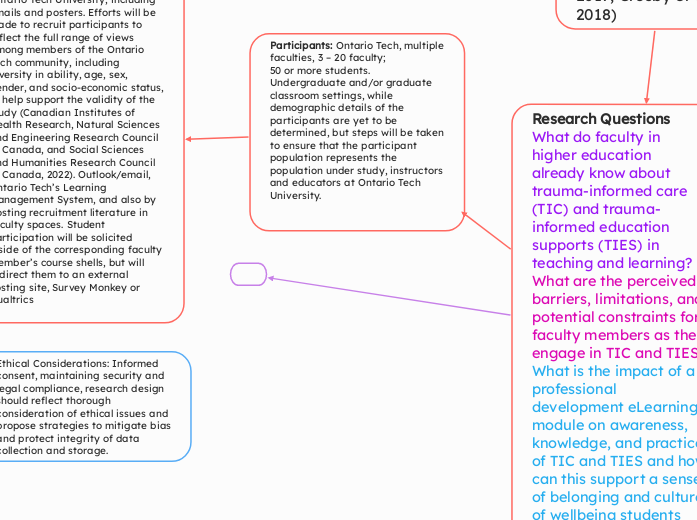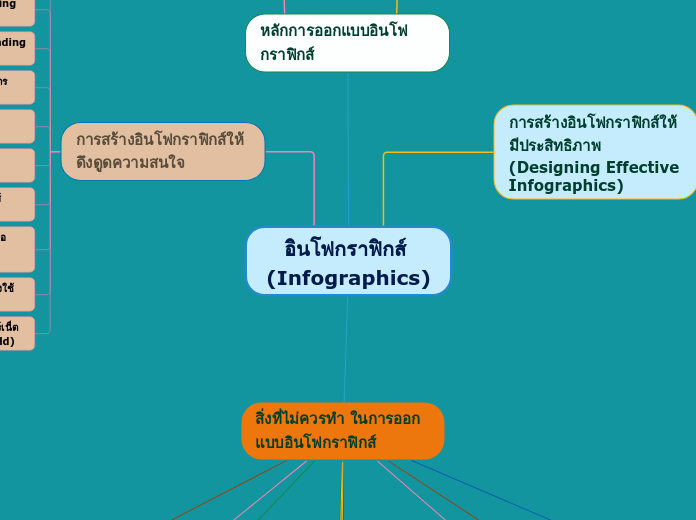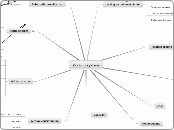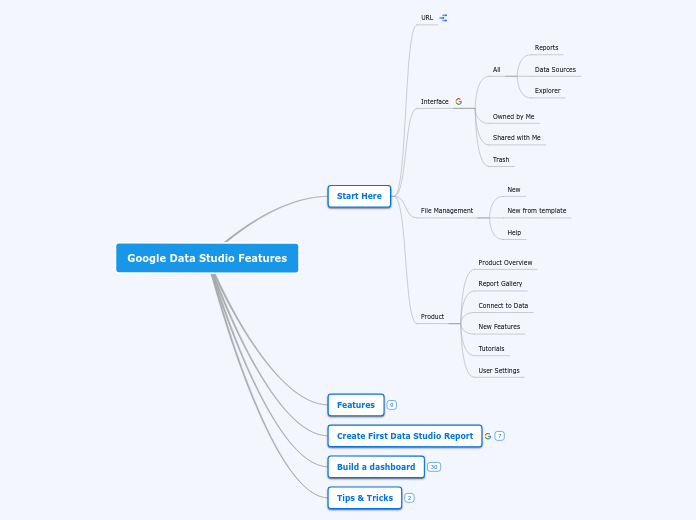arabera Amanda Robinson 6 months ago
85
Research Questions What do faculty in higher education already know about trauma-informed care (TIC) and trauma-informed education supports (TIES) in teaching and learning? What are the perceived barriers, limitations, and potential constraints for facul
The document outlines a comprehensive research design focused on qualitative methodologies, particularly critical, digital, and autoethnography, as well as phenomenologically grounded case studies.









